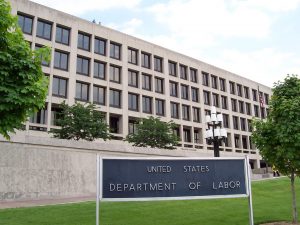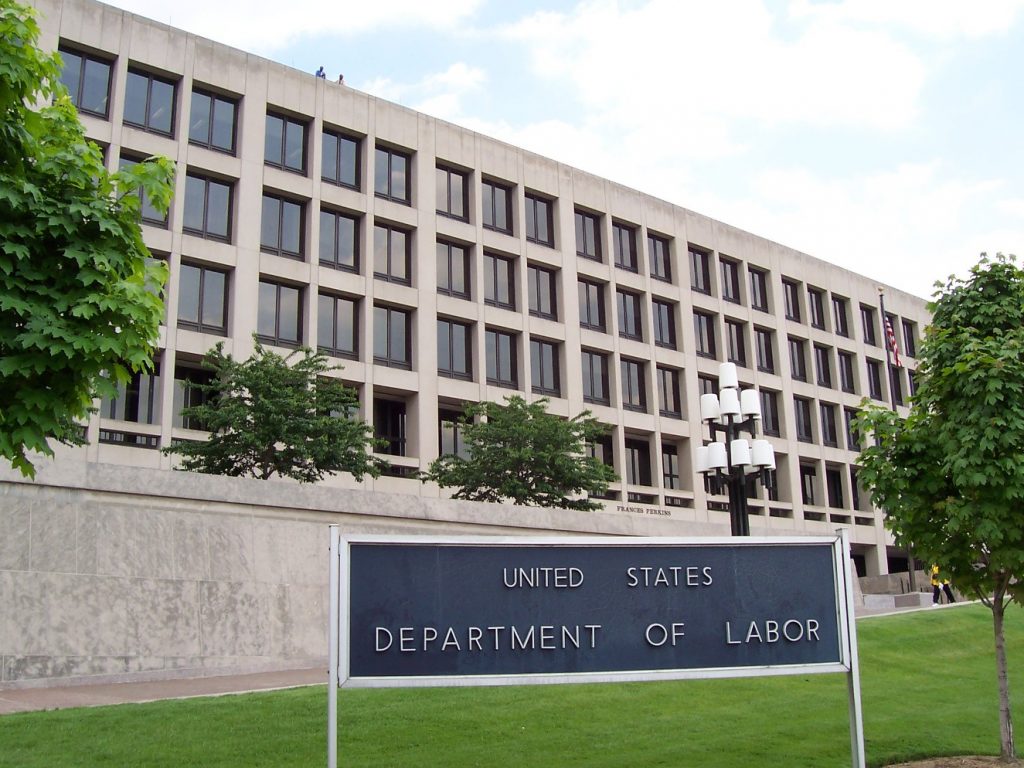
Photo Credit: Ed Brown
Back in December, we wrote here about a proposed rule from the U.S. Department of Labor that would mandate that postdocs earning less than $50,440 per year would be eligible for overtime pay at 1.5 times their hourly rate. This week, the Department of Labor released its revisions to the Fair Labor Standards Act. The changes will take effect December 1, 2016. Here, we summarize what this means for research labs, institutions, and the estimated 37,000-40,000 researchers affected by these changes.
The Final Rule announced this week looks a little different than the proposal first described last fall. In summary:
- Salaried workers who are not exempt and who earn less than $47,476 per year are eligible for overtime when they work more than 40 hours in a week.
- Postdocs are not exempt and are therefore subject to the changes in the rule.
- The salary threshold overtime eligibility will rise every three years to keep up with inflation.
The National Institutes of Health and Department of Labor worked together to reach clear guidelines for postdocs. U.S. Secretary of Labor, Thomas E. Perez and NIH Director Francis Collins published a joint op-ed in the Huffington Post, announcing NIH’s plan to raise the baseline salary for postdocs funded directly by the agency through individual fellowships to $47,476, timed to coincide with the rule’s announcement. The annual increase ranges from hundreds to thousands of dollars for eligible postdocs, depending on seniority. Postdocs are now paid $43,692 (first year), $45,444 (second year), and $47,268 (third year) from individual fellowships. It’s unclear whether NIH will use the new salary threshold as a baseline for their seniority-based pay scale or if seniority will no longer be considered. Collins and Perez acknowledge the challenge this change would impose, but asserted that higher salaries were a step in the right direction, and create an “opportunity to encourage more of our brightest young minds to consider choosing careers in science.”
Not all postdocs will be eligible for overtime. The new overtime rule only applies to postdocs who are full-time researchers and do not participate in teaching and training activities as a part of their position. This largely excludes postdocs in the humanities, who regularly teach courses during their postdoctoral studies, and thus would not receive any change in their pay. As for the sciences, this loophole could lead to some post-docs being re-classified with titles that suggest they are lecturers or instructors, thereby making them exempt from the overtime rule. It’s unclear whether the hands-on training that postdocs provide to graduate and undergraduate students in research labs will be sufficient for exemption based on the teaching exception. This will likely be decided at the institutional level.
No doubt a function of the soon-to-change White House administration, the Department of Labor will implement the rule sooner rather than later. Despite calls from organizations like the American Association of Medical Colleges and American Society for Biochemistry and Molecular Biology for a phased-in approach, the rule will be fully implemented on December 1, 2016. In a fact sheet directed toward institutions of higher education, the Department of Labor outlined three options for universities to become compliant with the rule: raise the salary of non-exempt postdocs above the new threshold, pay postdocs overtime for hours worked beyond the standard 40 hour work week, or evaluate workloads to reduce the need for overtime.
The nature of scientific research is such that the last option is not a realistic one where postdocs are concerned. Whether institutions decide to give postdocs a raise or pay overtime, the looming question remains: Where is the extra money going to come from? Funding agencies could increase award amounts to reflect the new exemption threshold; however, budget negotiations for fiscal year 2017 have largely held funding for the National Institutes of Health and National Science Foundation flat for investigator-initiated research, making this an unlikely option in the next year. Without more funding to offset these costs, Principal Investigators (PIs) will need to fund these raises or hours of overtime based on budgets calculated prior to the new threshold announcement. This means that for at least the first year, some PIs will be forced to reduce the size of their research groups, taking on fewer graduate students or dropping existing postdocs.
Although Collins and Perez pledge to “work closely with leaders in the postdoc and research communities to find creative solutions to ensure a smooth transition,” with major changes in such little time, we can expect a few bumps along the road.
What are your thoughts on the new overtime rule? Please share in the comment section below.































